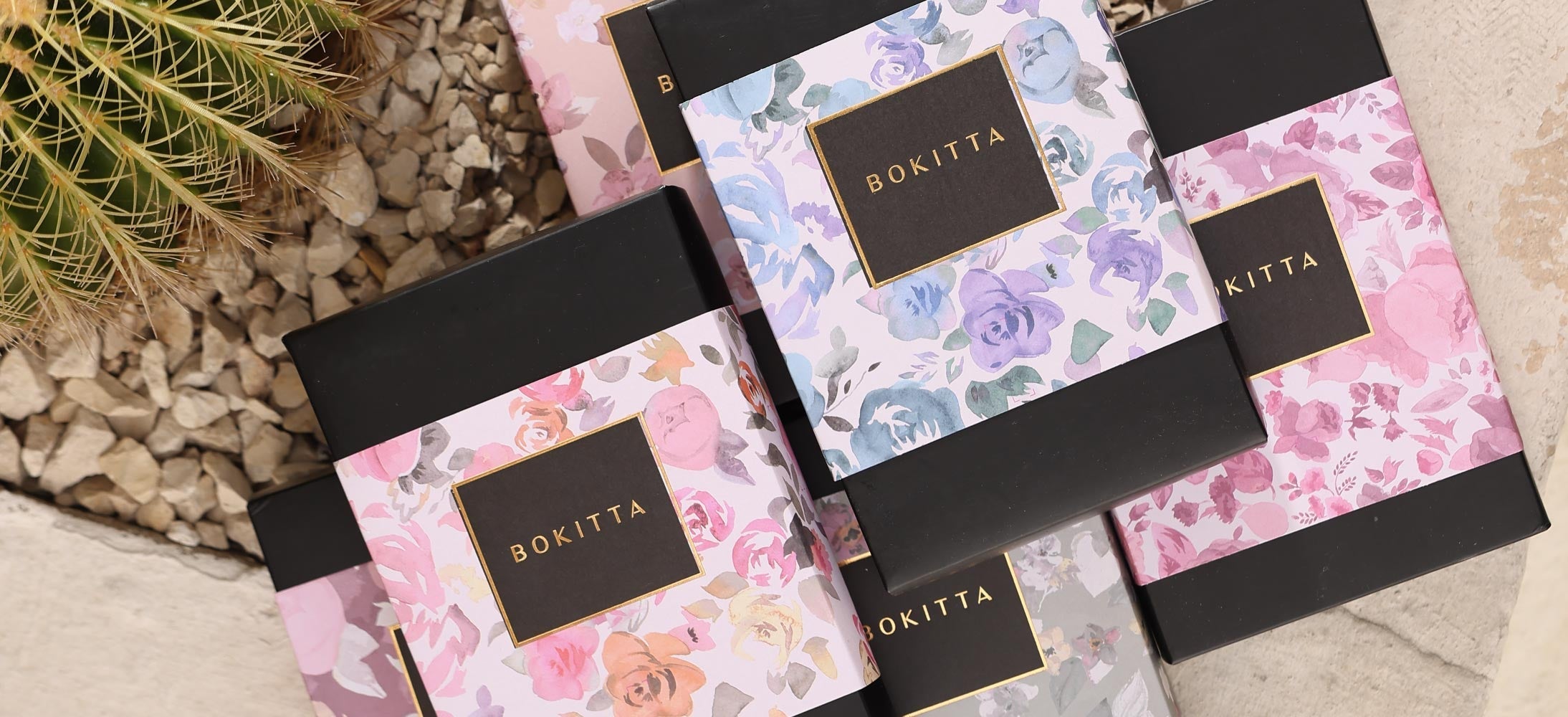10 Prophetic Habits to Follow
What does it mean to live a good, productive life? Everyone wants to know how to develop good habits, and there are different answers everywhere you look. Truly good habits, productivity, and meaningful happiness, come from discipline, and a healthy spirituality.
There are a million different role models we can look to when we are trying to practise discipline and good habits–and for that exact reason, we should be careful who we model ourselves after.

In this article, we are going to look at some important habits from one of the most important historical figures and spiritual leaders of all time. The Prophet Mohammad (PBUH), is an amazing story of success. He went from an illiterate desert trader, to a spiritual mentor for millions. Mohammad’s (PBUH) daily life is described in great detail by relatives and companions. So, here are 10 good habits from the daily life of our Prophet.
1. Speak good, or say nothing at all:

“Whoever believes in Allah and the Last Day, let him
speak good things for remain silent.”
(Sahih Muslim)
The Prophet (PBUH) was an expert orator. He understood like no other the power of words to build up, and their power to tear down. In his daily life, he made it a point to use his words wisely. The Prophet (PBUH) always weighed his words carefully in his mind before uttering them. He had the wisdom to understand that in some situations, silence is more effective than words. If we can’t say anything good, silence is the wiser course of action.
In our daily lives, measuring our words is an important habit to develop. If we are careful with our words, our relationships and interactions will greatly improve. Watching our words as the Prophet (PBUH) did will lead us to be kinder, wiser, and more successful.
2. Don’t be quick to judge, gossip:
“Allah will cover up on the Day of Resurrection the defects
of the one who covers up the faults of the others in this world”
(Sahih Muslim)
Every man and woman on earth has sinned, erred, and mistaken. No one is perfect, and no one is free from judgement. For this reason, we should keep our judgement to ourselves. When we gather in groups, we should refrain from belittling and gossiping about another. Gossip and judgement creates disdain and distrust. If we are so quick to gossip about others, who is to say that they also don’t gossip about us behind our backs?

No one lived a more righteous life than The Prophet (PBUH). Yet, he refrained from judgement and gossip. He was slow to judge, covered up the faults of others, and did not participate in backbiting and gossip. Mohammad (PBUH) knew that gossip is like an addiction–it makes us feel good in the moment, but it’s long term effects lead us to ruin.
3. Control your anger:
“If one restrained his anger, Allah will keep His punishment away from him.”
(Sahih Hadith)
Anger is a difficult impulse to control–and when we can’t control it, it controls us. Anger causes us to act irrationally, in ways we normally wouldn’t. When we give in to anger, we damage relationships, and we disrupt peace. The Prophet (PBUH) instructs us to control our anger in order to maintain peace and dignity. He gave us suggestions and examples from his own life on how to deal with our anger.
One suggestion was to perform ablution during moments of anger.

“When anyone of you gets angry, let him perform
ablution because anger arises from fire”
(Abu Dawud).
He also suggested that we sit down, breathe, and relax in moments of anger:
“If one of you gets angry and he is standing, then he should sit down
until his anger subsides. If it does not, then he should lie down.”
(Abu Dawud)
4. Have a mindful morning

A Flower is always a good idea
The model is wearing the " Bokitta Story" Hijab
from the Signature Collection - Click to shop
It's commonly known that successful people are early risers. Rising early is a great habit that extends your day. What makes mornings so great? Mornings are quiet, calm, and peaceful. They are a time where it is easy to focus and reflect. The Prophet (PBUH) used his mornings to great effect. He would wake up before dawn each morning, cleanse himself, and spend time nurturing his relationships with loved ones. He would listen intently to the call to prayer, visit the Mosque, and return home to eat breakfast–all before sunrise! Most of us cut our mornings shorter than they should be, but they are a great time for getting extra tasks done. Early to sleep, early to rise!
5. Make time for others
“Whoever is pleased that he be granted more wealth and that his lease of life
be prolonged, then he should keep good relations with his kith and kin.”
(Saheeh Bukhari)

Try the "Nyc " print from the "World Traveller" collection
Despite how busy our schedules might get, we can’t forget to make time for the important people in our lives. We should make a habit out of setting aside time for our loved ones. Despite being a spiritual and political leader, it is known that the Prophet (PBUH) always made time for his friends and loved ones. In the early hours of the mornings, the Prophet would nurture his relationships with deep conversations. Throughout the day as he strolled through the city, he would stop and help anybody who talked to him. In the evenings, he would set aside time to visit companions in their homes.
Like the Prophet (PBUH), we should make time for loved ones–no matter how busy we are. By doing so our relationships will improve and we will lead happier, healthier, more fulfilling lives.
6. Recharge with prayer
Prayer is not a chore–prayer is a healing meditation. It puts our minds and bodies at ease, and it helps us focus our thoughts, and regroup our emotions. The Prophet (PBUH) in addition to praying the five daily prayers, also prayed extra rak’aahs (voluntary extra prayers) throughout the day. These prayers helped the Prophet focus, calm himself, and stay in communion with his spirituality.

"Autograph black" from Signature collection
Recharging with prayer is a great habit to build, with many benefits. Spiritually, it keeps your mind focused on Allah. Physically, acts of prayer keep you calm. If you suffer from anxiety, stress, or anger, try praying next time you are barraged with emotions. It worked for the Prophet (PBUH), so it can work for you!
7. Practice Empathy
“None of you will have faith until he loves for his brother what he loves for himself.”
(Sahih Bukhari)
Despite what you may think, empathy is more than just a trait–it’s a habit–and an important one too. Empathy is something learned. The more we practice empathy, the better we get at it. The Prophet (PBUH) broke down the barriers of difference by making people brothers and sisters in faith. As creatures of instinct, it’s not a natural inclination for us to be giving, and selfless–but by doing so we create better communities. The Prophet (PBUH) lived a life of selflessness by doing the most for others. We should try to replicate that in our own lives today!
8. Intermittent Fasting:

Intermittent fasting has recently become a popular way to regulate health, weight, and energy. Periodic fasting helps improve blood pressure, resting heart rates, and weight loss while maintaining muscle mass. Long before science proved that intermittent fasting is great for health, the Prophet Mohammad was practising it. The Prophet (PBUH) fasted each Monday and Thursday. In addition, he also fasted the 13th, 14th, and 15th, of each month.
9. Make time for naps:

“Take a short nap, for Devils do not take naps”
(Sahih Aljamie).
Islam as a religion advocates for napping because it was a preferred habit of the Prophet. Yes, even the Prophet (PBUH) took naps. It is reported that Mohammad (PBUH) often laid down for a mid-morning nap before noon prayers. Napping improves memory, mood, and alertness.
10. Eat Less:
‘A human being fills no worse vessel than his stomach. It is sufficient for a
human being to eat a few mouthfuls to keep his spine straight. But if he must
(fill it), then one third of food, one third for drink and one third for air.’”
(Sahih Darussalam)
The Prophet (PBUH) emphasised a practice of eating less to prolong life, improve health, and prevent disease. Cutting calorie intake is now proven by science to slow that ageing process, and prevent disease like cancer, diabetes and alzheimers.























Leave a comment